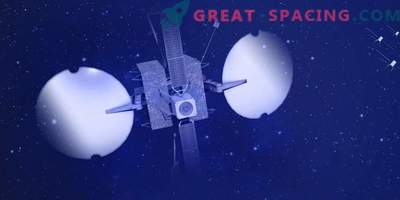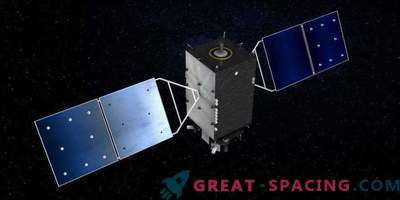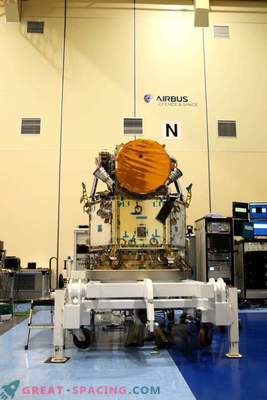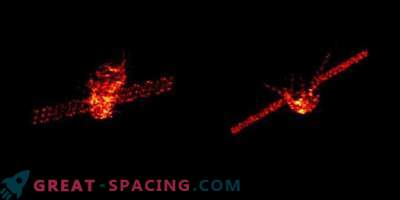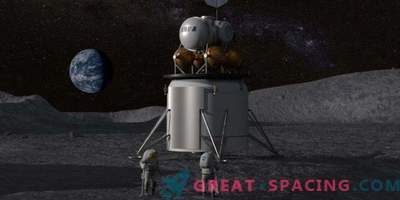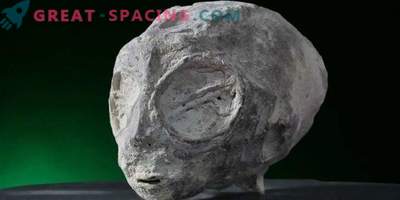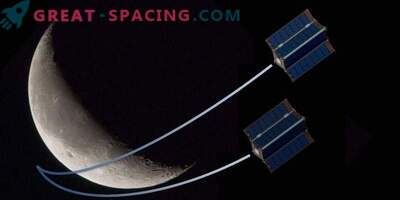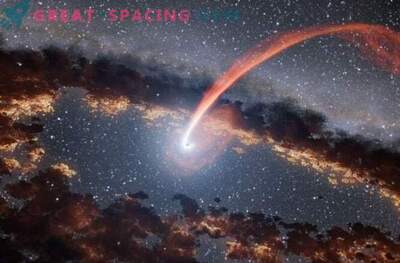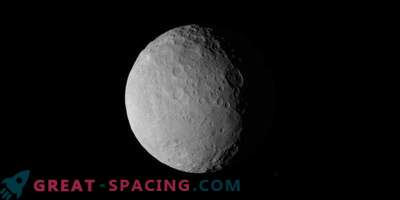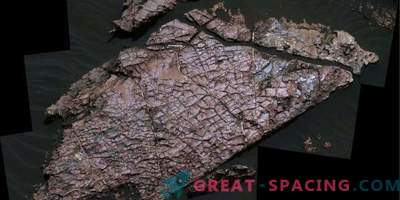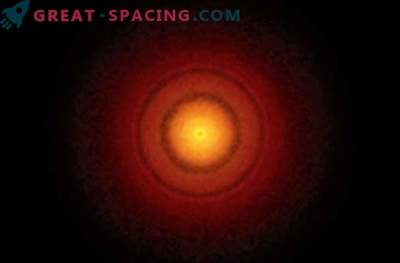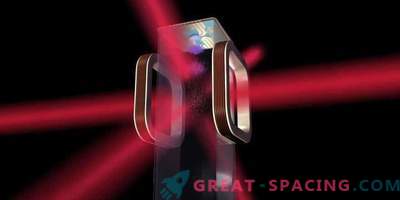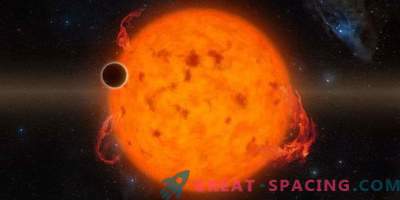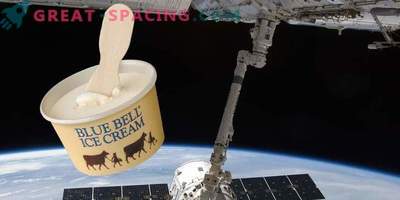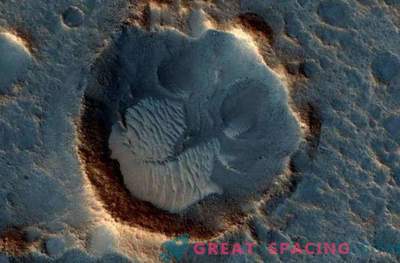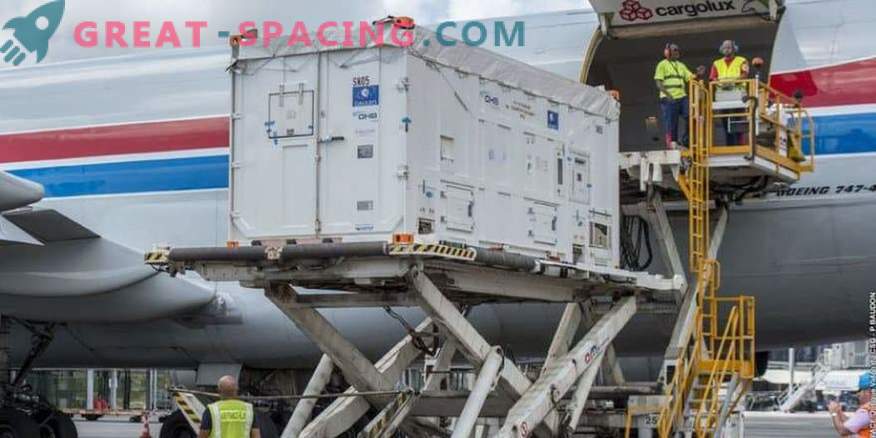
Unloading one of the two Galileo satellite containers from a 747 cargo plane. Satellites 23 and 24 took off from Luxembourg Airport on the morning of May 4, arriving in French Guiana that evening
The next two satellites of the European mission Galileo arrived in Kourou (French Guiana) to launch into the jungle space in July. Satellites 23 and 24 took off from Luxembourg Airport on the morning of May 4, arriving in French Guiana that evening. Then they were unloaded, but they still remain in protective containers with air conditioning and accommodation in a clean room.
This pair will be launched along with two other satellites of Galileo, which should arrive in French Guiana at the end of May. On July 25, the quartet will launch on the Ariane-5 rocket.
The Galileo system began work on December 15, 2016. The completion of the “constellation” should improve the positioning accuracy of the system. The project is developing: last June, 12 Batch 3 satellites were ordered, supplementing the 26 devices already created (the old mechanisms are replaced by new ones).
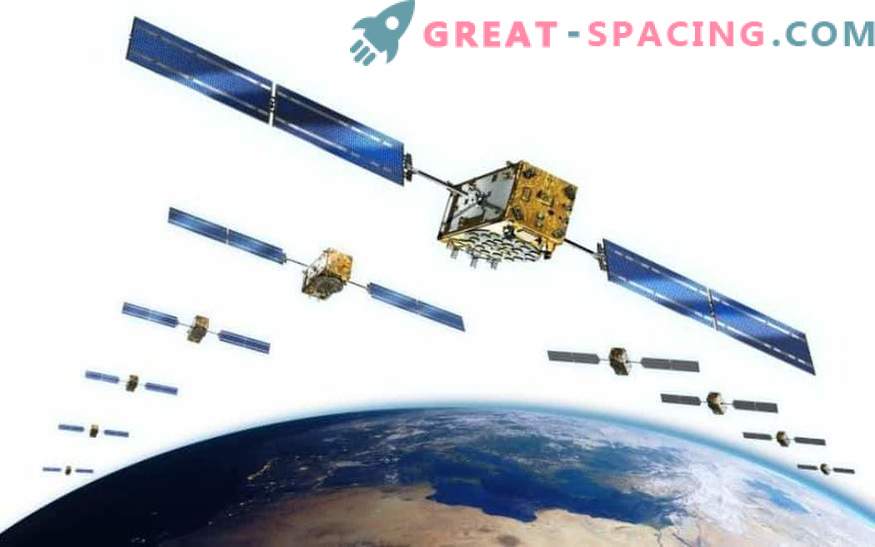
The Galileo satellite navigation system relies on a complete set of 24 satellites rotating on three orbital planes of a near-earth orbit to provide positioning, navigation and synchronization worldwide
A steady stream of orbital spare parts, ready to replace satellites ending operation, is necessary to guarantee the smooth operation of Galileo. If you look to the future, then by the middle of the next decade, it will be necessary to replace the devices in order to improve and introduce new functions.
Galileo is a global satellite navigation system in Europe, represented by spacecraft and ground infrastructure. Funding was provided in the EU, and management is carried out by the European Commission.





